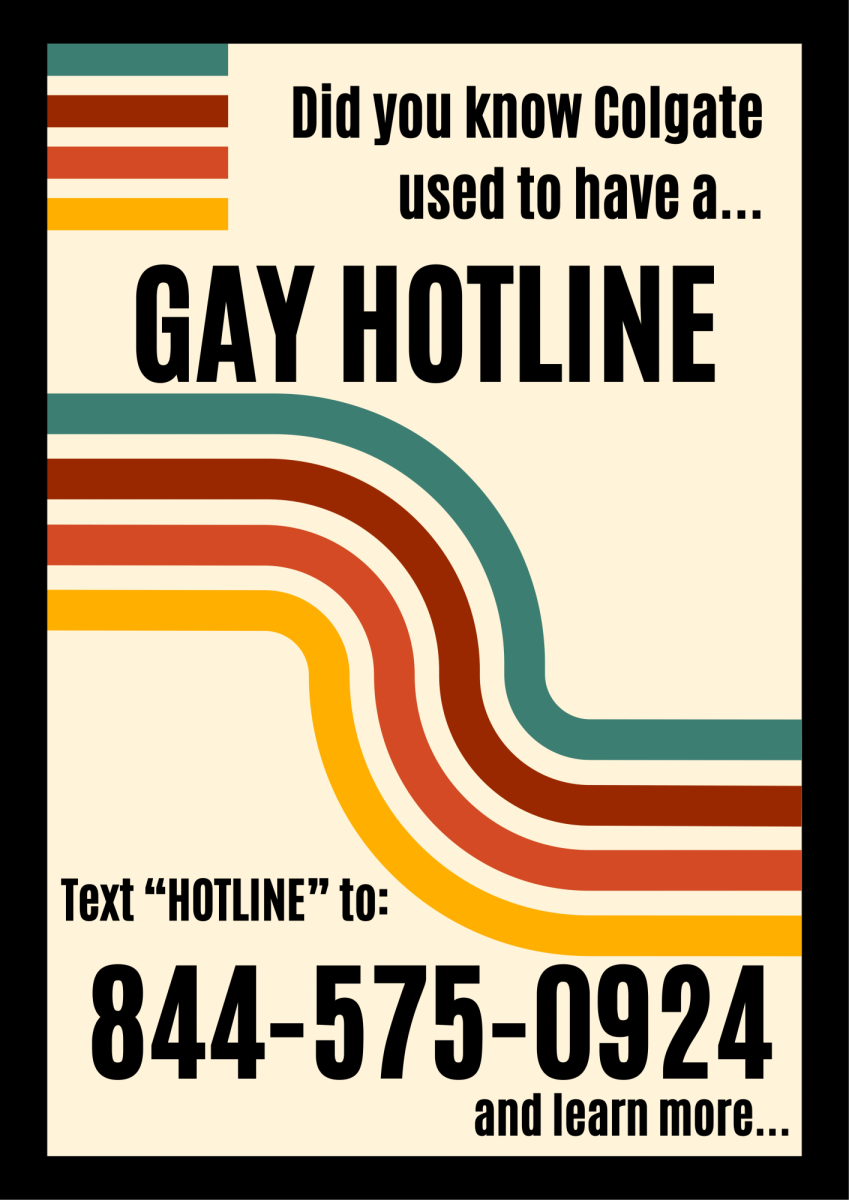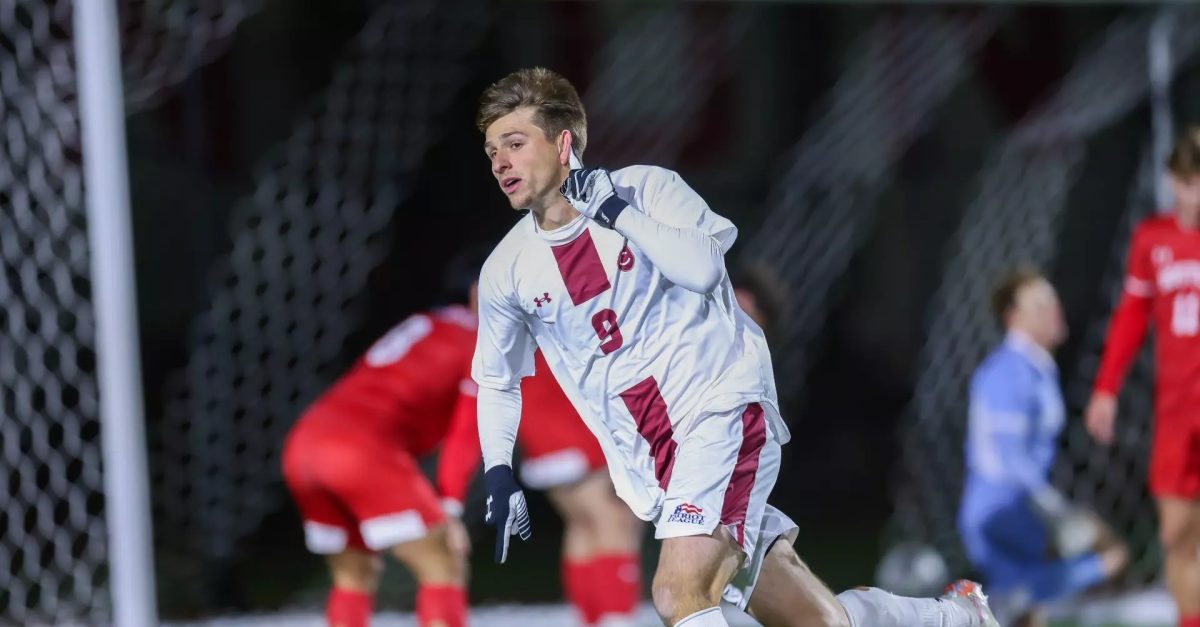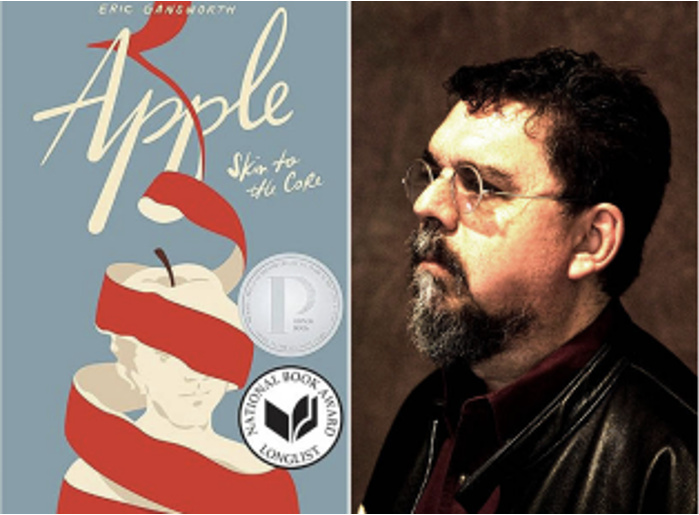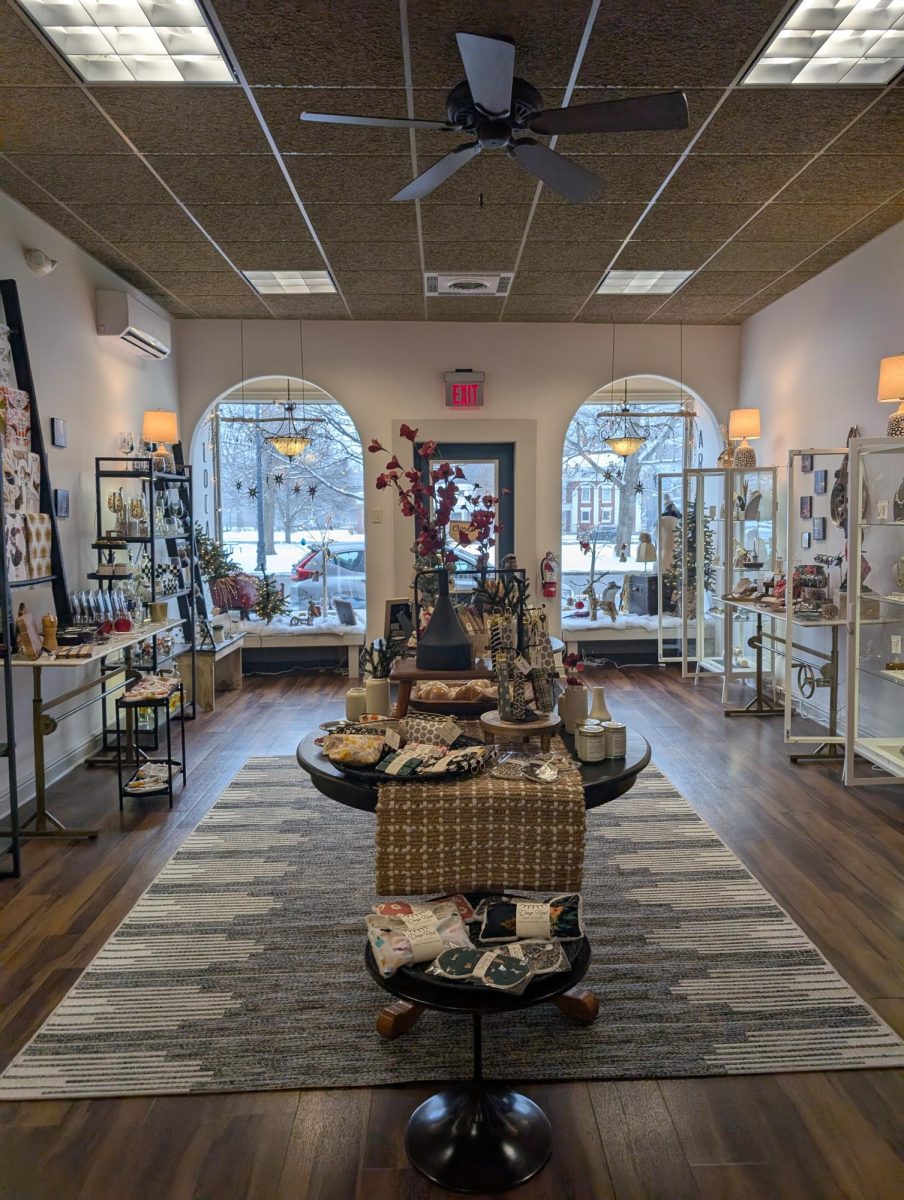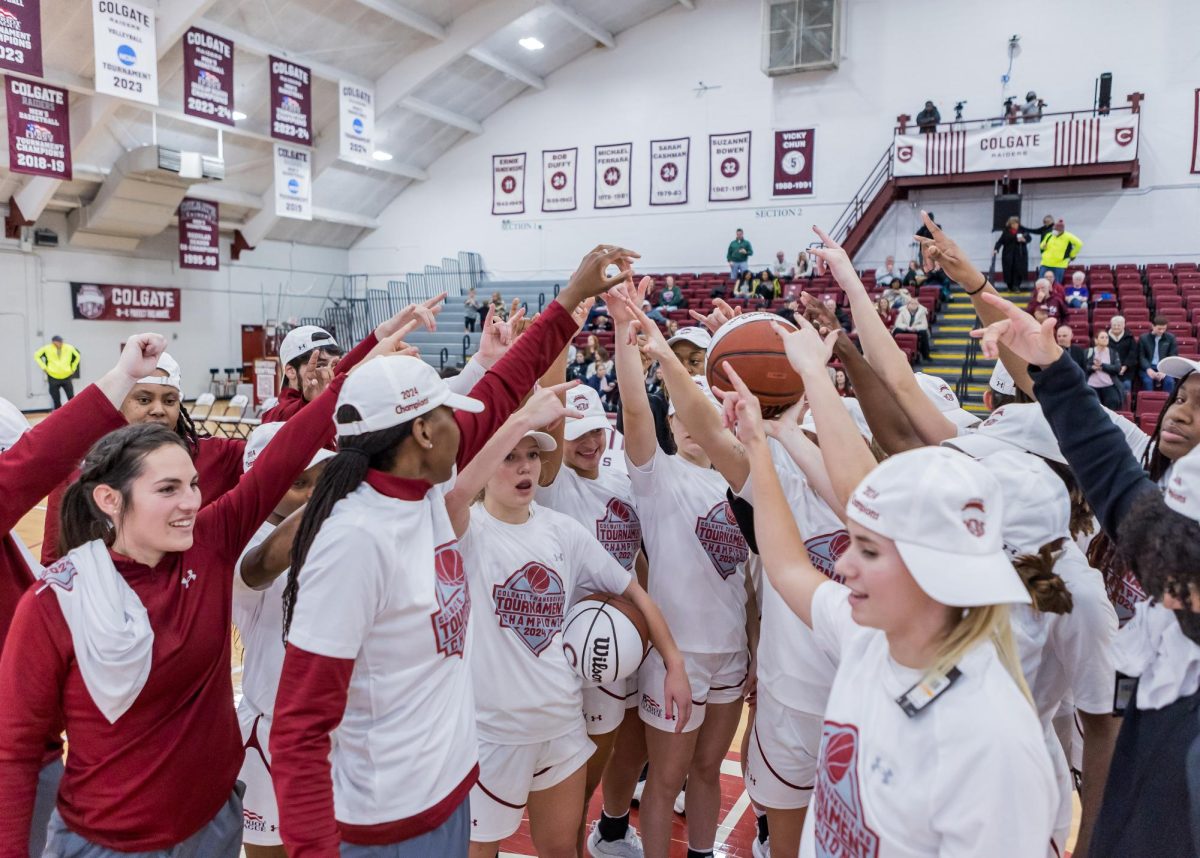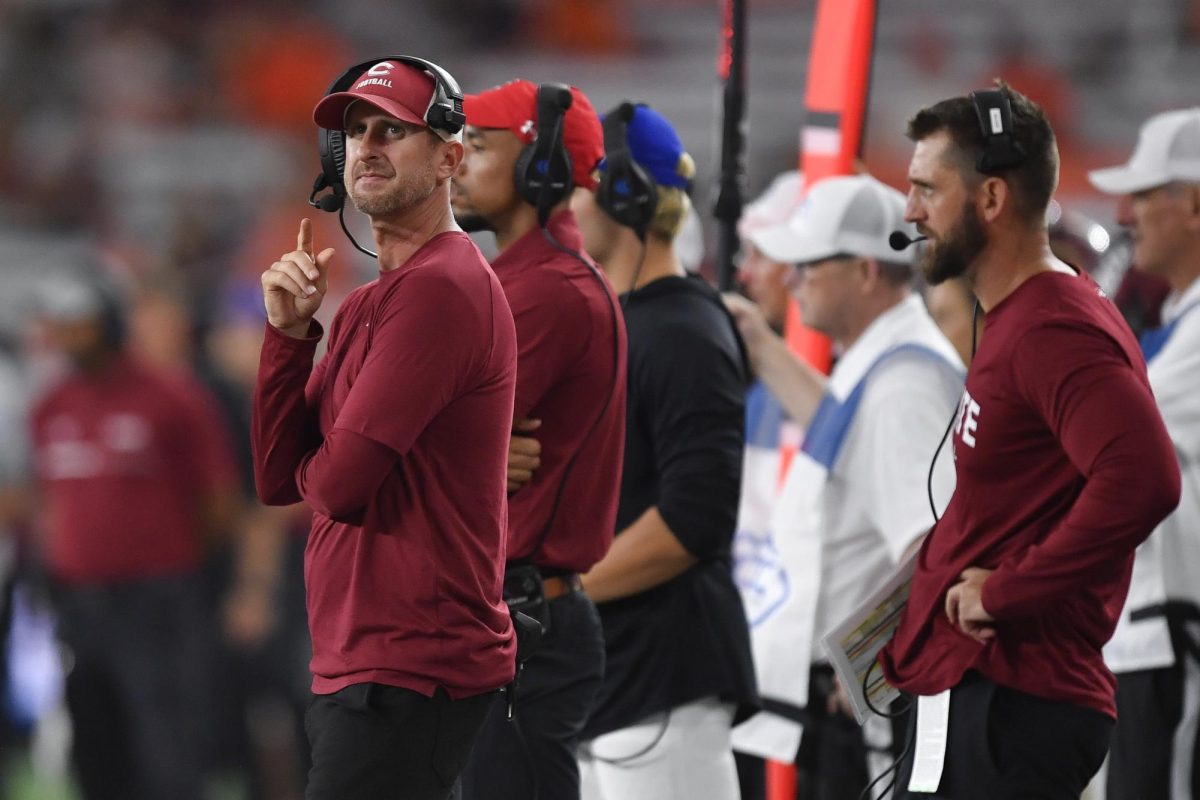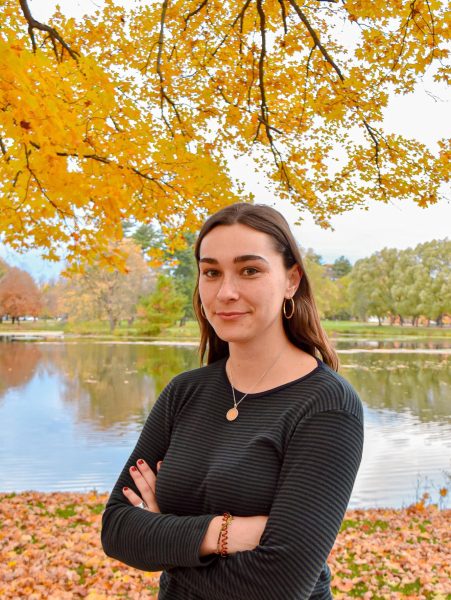Outside the Colgate University Memorial Chapel, Colgate Students for Liberation (CSL), a student-run organization, held a vigil Oct. 30 as part of the new group’s aim to increase awareness about justice and the impacts of colonialism. The ceremony was a solemn reminder of the lives lost in Gaza since Oct. 7, 2023.
Senior Diya Mehta, the co-president of CSL, described more closely the purpose of the vigil.
“The vigil was held to create a safe space for people to come together and grieve,” Mehta said. “We had many vigils last semester and have been unable to properly hold one this year, so it felt very empowering to see everyone’s support.”
While CSL intends to educate the Colgate University community about various global issues stemming from the legacy of colonialism, this vigil focused more specifically on the Middle East.
Junior Natalie Yale, another co-president, explained how the vigil itself corresponded to the broader role that CSL serves.
“Vigils are critical to the mission of Colgate Students for Liberation because they work to attend to the needs of Colgate students and to connect Colgate to a broader, global push for liberation. In short, vigils provide a space for students who share common feelings to come together and grieve the extreme loss of life actively occurring in Palestine,” Yale said. “During the spring semester, and this past week, CSL has scheduled vigils to occur during times when students are likely to be walking through the quad. In this way, vigils are a visible testament to the existence of students and faculty who are not silent or apathetic.”
Junior Nicole Hernandez, also a co-president of CSL, echoed this sentiment.
“Vigils are a sanctuary for people who feel they have nowhere else to go,” Hernandez said. “Now more than ever, we need to come together and support one another in the low and high times.”
Yale expanded on the mission of CSL as a student-run organization amid the number of civilian casualties in Gaza.
“While CSL recognizes the ongoing dispossession and oppression of Indigenous peoples by colonial practices everywhere, for this reason our most urgent plea at this desperate moment in time is for the Palestinian people. We are choosing to grieve targets of Israeli attacks in Palestine and Lebanon at this time because the United States uniquely funds the Israeli military. This means that, as U.S. citizens and taxpayers, we have an obligation to focus our efforts toward the Palestinian cause.”
The club passed out QR codes for a GoFundMe campaign for a Palestinian family to the gathered crowd. The vigil then began with a reading of two poems by Palestinian poet and author Mahmoud Darwish. Mehta felt that there was power in reading these Palestinian national poems out loud to the Colgate community in attendance.
“Reading works by Palestinian poets allows us to speak from the voice of Palestinians and bring their actual words into the conversation,” Mehta said. “As students who are thousands of miles away, it can become hard to feel as connected as possible. Through reading the works of people who themselves have experienced inexplicable events, it helps us bring ourselves closer to them.”
Senior Rania Chowdhury read aloud casualty figures from the conflict in Gaza from an Al Jazeera live tracker, highlighting both the Israeli and Palestinian death tolls. Chowdhury stressed that 16,765 children have been killed so far in the conflict as of the Oct. 30 vigil. Organizers then read loud a third poem by Palestinian poet and journalist Mohammed Moussa, titled “During a genocide, funerals are a luxury.” Finally, CSL invited all vigil attendees to read a world peace prayer out loud together.
The vigil ended with a five-minute moment of silence. Hernandez further detailed the impact of this intentional pause.
“The power of the five-minute moment of silence really is how much power each person gives to it. This time can serve as a moment to reflect on one’s own privilege, for our safety, our health on the poems and other pieces spoken earlier in the vigil. Or, this time serves as an extension to the prayer. You can place all your intentions, submit your worries and anxieties in this time. Overall, this time is a space for conscious reflection,” Hernandez said. “We hope that after this time, people leave the vigil changed.”
Looking to the future, CSL ultimately seeks to create a permanent space for social activism and collective action at Colgate.
“We hope to have events that range from teach-ins to fundraising for Palestine and in the near future, for Sudan and the Congo,” Mehta said. “Our main goal is to support activism and education through various events around campus. We want to be a group that is long-lasting on Colgate’s campus and provides space for people on campus to come together and empower one another for a common cause.”


